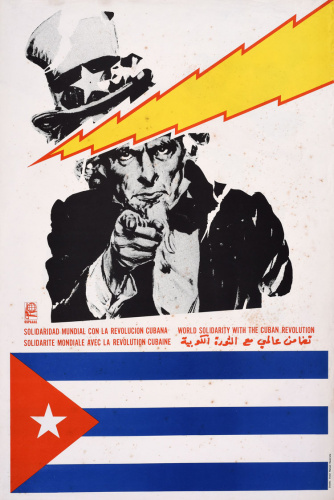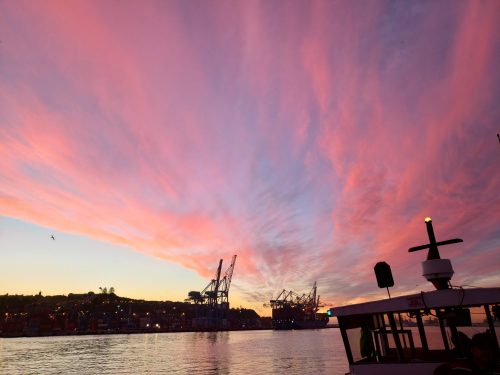Narrowed Research Topic: How did US and Russian foreign policy during the Cold War help shape Cuban national identity?
I want to look at the foreign policy pursued during the Cold War, specifically in the Caribbean, and see how it led to a growth in national identity for Cubans. On one side, there was mass aggression by the United States against Cuba through embargoes and the Bay of Pigs invasion, and on the other, Russia had a strong influence over Cuba at the time. I hypothesize that both the aggression of the United States combined with the Russians’ political control over Cuba will lead to the development of a strong Cuban identity. I believe those two factors, combined with Fidel Castro’s fiery leadership, is a recipe for a surge nationalism.
Primary Source:
Castro, Fidel. “Fidel Castro Denounces Aggressions Against Cuba.” The Black Scholar 8, no. 3 (1976): 10-17.
Secondary Sources:
Bain, Mervyn J. “Russia, Cuba and Colonial Legacies in the Twenty-First Century.” Journal of Transatlantic Studies 15 (2017): 1-17.
Dunne, Michael. “Perfect Failure: The USA, Cuba and they Bay of Pigs, 1961.” The Political Quarterly 82, no. 3 (2011): 448-458.
Fagen, Richard R. “Mass Mobilization in Cuba: The Symbolism of Struggle.” Journal of International Affairs 20, no. 2 (1966): 254-271.
LeoGrande, William M. “A Policy Long Past Its Expiration Date: US Economic Sanctions Against Cuba.” Social Research: An International Quarterly 82, no. 4 (2015): 939-966.


